2-Day-Depression and Mood Disorder Certification Training-New Assessment and Treatment Techniques for Lasting Recovery – Chris Aiken
Original price was: $149.99.$45.00Current price is: $45.00.
2-Day-Depression and Mood Disorder Certification Training-New Assessment and Treatment Techniques for Lasting Recovery – Chris Aiken Download. Your clients…
Salepage link: At HERE. Archive:
Your clients with depression, bipolar, and other mood disorders are counting on you. But successful treatment can feel like an impossible task.
Diagnosis is tricky, first-line treatments oftena fail, poor treatment compliance and destructive impulsivity feel like the norm, and recurrence seems the rule and not the exception. And you frequently need to work around medication use that comes with serious side effects, but often fails to offer real benefits. The litany of challenges can leave you feeling exhausted, ineffective, and troubled about the potentially devastating outcomes of treatment failure.
This 2-day recorded training is exactly what you need to help your clients achieve a fuller recovery from depression and bipolar disorder, all without resorting to potentially risky and ineffective medication use.
Join depression and mood disorder expert and author Chris Aiken, MD, and get cutting-edge therapeutic techniques, skills, and practical guidance so you can assess for and effectively treat mood disorders better than ever before.
Watch and discover:
- New assessment tools for your practice – demystify the DSM-5™ for mood disorders
- The latest psychotherapy techniques including Rumination-Focused CBT, Social Rhythm Therapy and CBT for Insomnia
- Nutritional psychiatry and the first clinically proven diet to treat depression
Better still, you’ll complete this recording met the full educational requirements should you choose to pursue the Certified Depression & Mood Disorder Treatment Professional (CDMDTP) credentials through the Institute of Depression Treatment Professionals (visit icdtp.com for full details and certification requirements).
Purchase today and this training will leave you feeling confident that your treatment toolbox has the right combination of clinical interventions so your clients can find relief and live the lives they deserve!
PLUS FREE Materials for Your Clinical Toolbox
- Mood spectrum chart
- Practical Rating Scales
- Social Rhythm Chart
- Antidepressant Apps
- 24 Character Strength Survey
- The MediMod Diet for Depression
- And more!
- Conduct a collaborative assessment that avoids the stigma clients often associate with mood diagnoses.
- Differentiate among the affective temperaments of dysthymic, cyclothymic, hyperthymic, and irritable types.
- Characterize how psychological trauma affects mood disorders differently.
- Distinguish between borderline personality disorder and bipolar disorder.
- List the more common cooccurring disorders of the depressed client.
- Demonstrate how to create a more effective and practical mood chart for clients to complete as homework.
- Examine how to improve behavioral activation results by incorporating the client’s values.
- Explain how ruminative thinking drives depression.
- Summarize the evidence-base for the Rumination Focused CBT model.
- Recommend techniques that mange countertransference to mania and depression.
- Consider the therapeutic alliance and ethical issues around including family members in therapy sessions.
- Devise an emergency plan with clients and family in readiness for mania, hospitalization and suicidality.
- Create an attainable treatment plan that derived from Social Rhythm Therapy.
- Summarize the neuroscience of inflammation and insomnia with depression and bipolar disorder.
- List the known risks and often contraindicated use of antidepressants in the treatment of bipolar disorder.
- Describe behavioral approaches that address medication adherence.
The Mood Spectrum: Diagnosis in the DSM-5™ Era
- Major Depressive Disorder
- Persistent Depressive Disorder
- Depression with Mixed Features
- Cyclothymic Disorder
- Bipolar II Disorder
- Bipolar I Disorder
- Specifiers: Anxious distress, melancholic, atypical, seasonal & peripartum moods
- Mania, hypomania, mixed states: How to recognize each
- Differential diagnosis: Anxiety, addiction, ADHD, eating disorders, substance abuse
- Bipolar Disorder or Borderline Personality Disorder?
Assessment: Practical Tips, Evidence-Based Tools, and Subclinical Features
- How to avoid over-diagnosing
- Evidence-based measures: MINI-7; PHQ-9, MDQ, Bipolarity Index, & Hypomania Checklist
- Why traditional mood charting doesn’t work – and what to do instead
- Affective temperaments: Depressive, Hyperthymic, Cyclothymic and Irritable
- Rumination, cognitive deficits, and early warning signs
- Conceptualizing mood through the lens of energy, not emotion
- Classic v. atypical Bipolar Disorder
- When mood is shaped by trauma
THERAPY FOR MOOD DISORDERS: FROM EVIDENCE-BASED TREATMENTS TO A PERSONALIZED PLAN
Mood Disorder Must-Haves for Every Treatment Plan
- Psychoeducation – reduce stigma, identify causes, focus on prevention
- Psychotherapy – how to match mood with the approach
- Concrete interventions – create a “menu” the client can choose from
- Positive psychology: the unique strengths of mood disorders
- Family therapy – communication skills, boundaries, crisis plans
- Remediation strategies for building back cognitive skills deficits
Behavioral Activation: More Than Building a Busy Schedule
- Neuroscience: Turning down the brain’s default mood network
- Integrating values and meaning in behavioral change
- How behavior challenges depressive beliefs
- Strategies: Opposite action, approach-avoidance, mindful media
Rumination-Focused CBT (RF-CBT)
- How is RF-CBT different from traditional CBT?
- Useful v. dysfunctional rumination
- The benefits of rumination
- Shift from avoidant rumination to absorbing action
- The neurobiological basis of RF-CBT
- Strategies: Chain analysis, habit changing, immersion, mindfulness and compassionate thought
Cognitive Behavioral Analysis System of Psychotherapy (CBASP)
- An attachment-based approach to treating mood disorders
- Preoperational thinking: Why chronic depression is slow to change
- Positive and negative reinforcement in chronic depression
- Evidence to support CBASP for chronic depression
- Strategies: Interpersonal inventory, situational analysis, interpersonal discrimination
Social Rhythm Therapy
- Therapy with a biological basis
- Four routines that stabilize the biological clock
- Circadian rhythms, neurohormones and neuroplasticity
- Strategies: Brisk awakening, zeitgebers, social rhythm chart
Cognitive Behavioral Therapy for Insomnia
- How a therapy for sleep treats depression
- Sleep drive and circadian rhythms
- The vicious cycle of anxiety and insomnia
- Basic steps: Sleep hygiene
- Advanced moves: Bed restriction
- Special situations: Screen time, jet-lag, napping, night owls, and shift work
An Antidepressant Lifestyle
- Nutrition: The MediMod Diet, probiotics, caffeine, alcohol and sugar
- Physical Activity: When, where, how much
- Environment: Dawn simulation, light and dark therapies, nature, music, aromatherapy and air ionization
Medication
- Why a clear diagnosis is crucial before starting any medication
- Anti-depressants and mood stabilizers: New classes, old standards
- Benefits, risks, side effects; how to recognize problems
- How medication impacts therapy: State-dependent learning
- The Medication Interest Model: A Motivational Interview for Medication Adherence
- Top supplements for mood disorder
- Beyond medication: Transcranial Magnetic Stimulation, Electroconvulsive Therapy, esKatamine
Crisis Intervention
- The therapeutic relationship with the suicidal client
- A collaborative approach to risk assessment
- Which symptoms warrant hospitalization?
- CBT for Suicidality: How therapy can present suicide
- Strategies: Hope box, coping cards, and distress tolerance skills
- Emergency planning
Clinical Considerations
- Countertransference issues in depression and mania
- Staying within your scope of practice
- Children and adolescents: DMDD v. Bipolar Disorder
- Multicultural considerations
Here's an overview of the prominent keywords and a list of famous authors:
Business and Sales: Explore business strategies, sales skills, entrepreneurship, and brand-building from authors like Joe Wicks, Jillian Michaels, and Tony Horton.
Sports and Fitness: Enhance athleticism, improve health and fitness with guidance from experts like Shaun T, Kayla Itsines, and Yoga with Adriene.
Personal Development: Develop communication skills, time management, creative thinking, and enhance self-awareness from authors like Gretchen Rubin, Simon Sinek, and Marie Kondo.
Technology and Coding: Learn about artificial intelligence, data analytics, programming, and blockchain technology from thought leaders like Neil deGrasse Tyson, Amy Cuddy, and Malcolm Gladwell.
Lifestyle and Wellness: Discover courses on holistic health, yoga, and healthy living from authors like Elizabeth Gilbert, Bill Nye, and Tracy Anderson.
Art and Creativity: Explore the world of art, creativity, and painting with guidance from renowned artists like Bob Ross and others.
All the courses on WSOlib are led by top authors and experts in their respective fields. Rest assured that the knowledge and skills you acquire are reliable and highly applicable.
Specification: 2-Day-Depression and Mood Disorder Certification Training-New Assessment and Treatment Techniques for Lasting Recovery – Chris Aiken
|
User Reviews
Only logged in customers who have purchased this product may leave a review.

Original price was: $149.99.$45.00Current price is: $45.00.

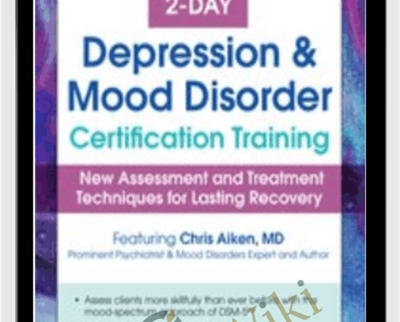

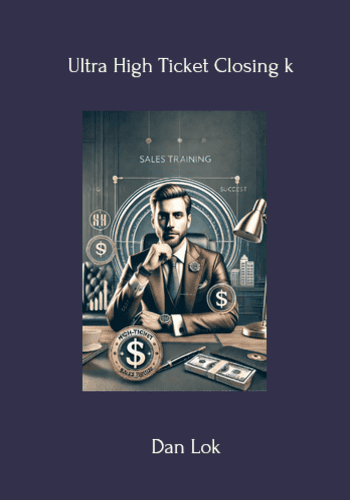
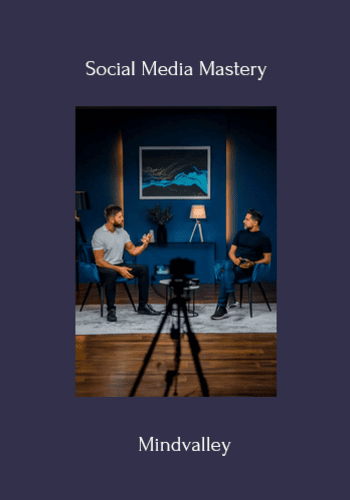
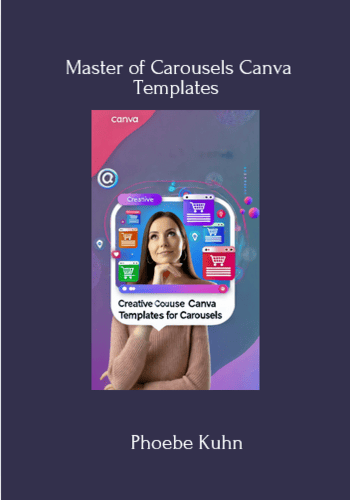
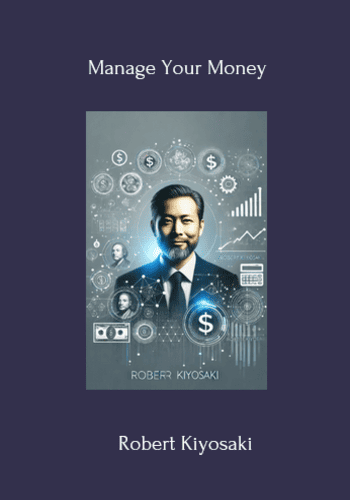
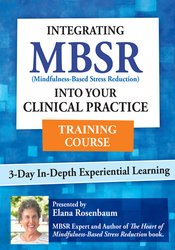
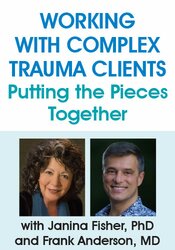
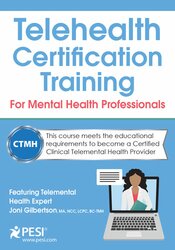
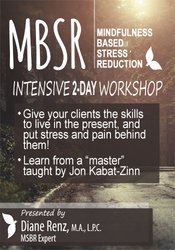
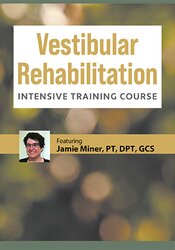
There are no reviews yet.